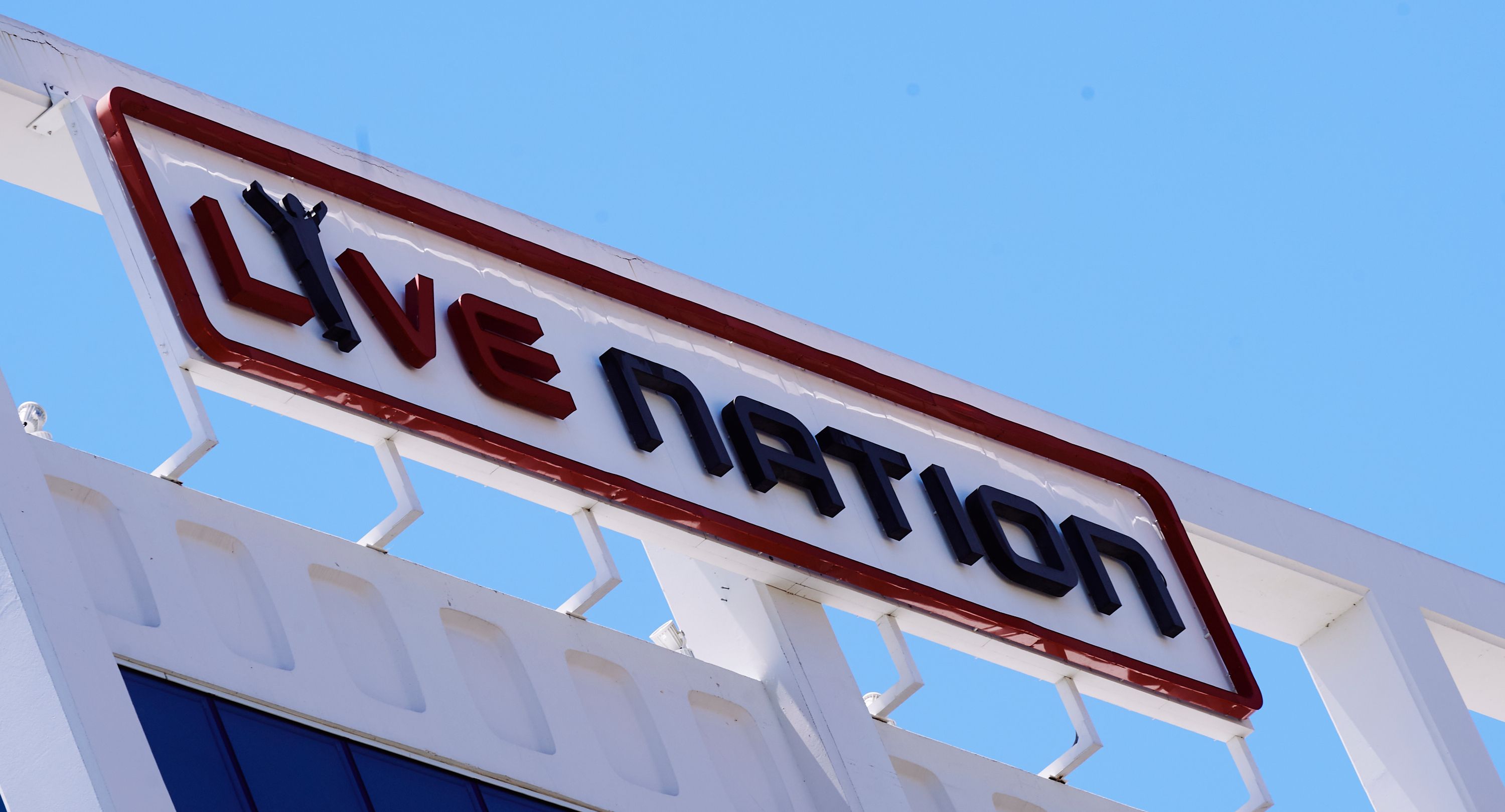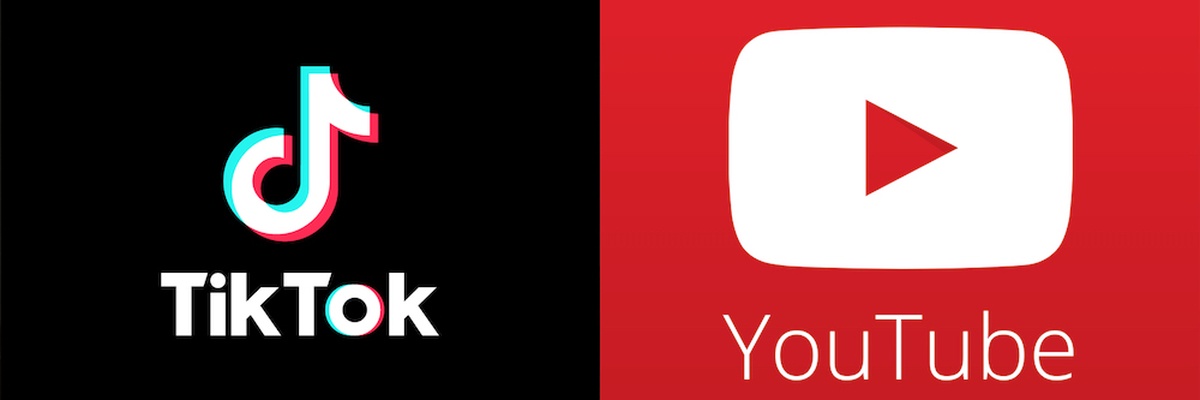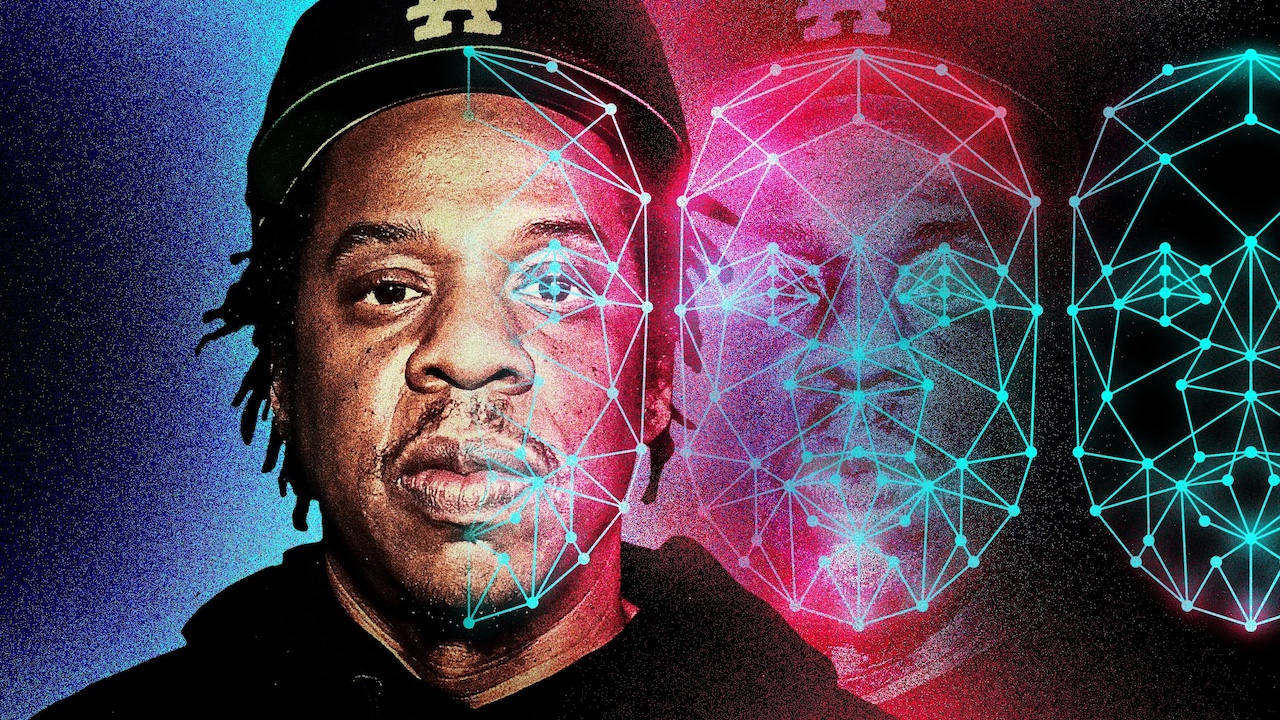There’s no doubt that 2020 was an awful year for the live music industry. To combat their losses and reignite interest in live shows, Live Nation is selling $20 concert tickets to nearly 1,000 shows in 40 amphitheaters across the country. The shows are a part of Live Nation’s “Back To Live” initiative announced July 22nd, 2021 to kickstart the return of concerts as we knew them before the COVID-19 pandemic.
In 2020, the company saw a decrease of $10.76 Billion in comparison to the total revenue in 2019. This loss would be even greater if not for concerts occurring prior to the March of 2020.
Tickets went on sale on July 28th at 12pm Eastern / 9am Pacific and are available for a limited time only. Thirty-six artists taking part in the sale, those being: 311, 3 Doors Down, Alanis Morrisette, Alice Cooper, Brad Paisley, Brett Eldridge, Brooks & Dunn, Brothers Osborne, Coheed and Cambria, Daryl Hall & John Oates, Dierks Bentley, Florida Georgia Line, Jason Aldean, Jonas Brothers, Judas Priest, Kings of Leon, KISS, KORN, Lady A, Lil Baby, Lindsey Stirling, Luke Bryan, Lynyrd Skynyrd, Maroon 5, Megadeath, NF, Pitbull, Primus, Rise Against, Rod Wave, Slipknot, The Black Crowes, The Doobie Brothers, Thomas Rhett, Trippie Redd, and Zac Brown Band.



